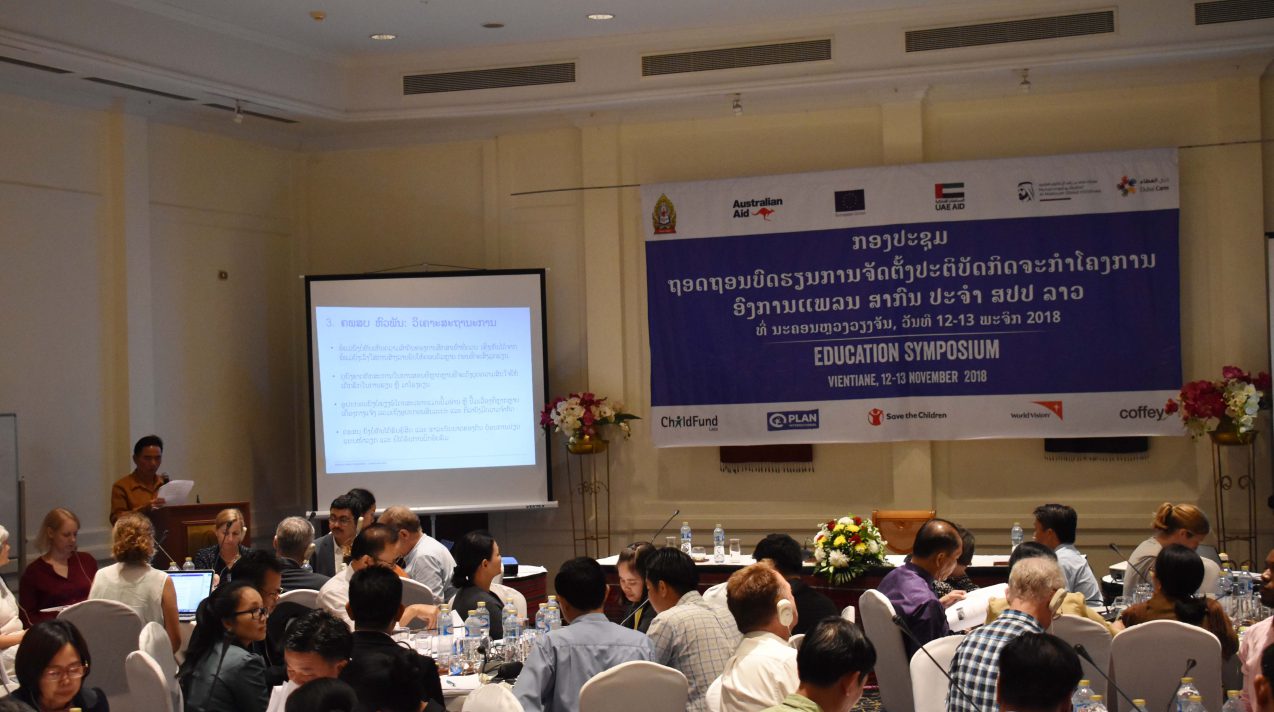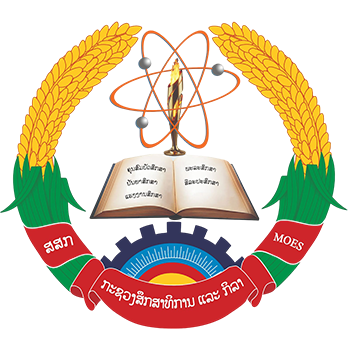
Over the past three years, Plan International in Lao PDR has been leading two large-scale, consortia-based education projects together with other development partners active in the education sector. The overarching objective of these projects is to improve educational outcomes and inclusion for disadvantaged children in line with MOES sector priorities
Over the past three years, Plan International in Lao PDR has been leading two large-scale, consortia-based education projects together with other development partners active in the education sector. The overarching objective of these projects is to improve educational outcomes and inclusion for disadvantaged children in line with MOES sector priorities.
The BEQUAL NGO Consortium Project – a partnership between MOES, Plan, ChildFund, Save the Children and World Vision – is a component of the Australia and EU funded Basic Education Quality and Access in Lao PDR (BEQUAL) program. The BEQUAL NGO Consortium Project (BNC) is undertaking activities benefitting more than 15,300 children across 171 primary schools in six districts of Houaphanh, Khammouane, Luang Prabang and Oudomxay Provinces to improve early grade reading through school and community based interventions, with the aim of influencing education sector reform at a broader scale based on lessons learned.
The Dubai Cares-funded Lao Educational Access, Research and Networking (LEARN) Project is piloting and rigorously evaluating interventions to improve school readiness and early grade learning outcomes in eight districts of Luang Prabang and Oudomxay Provinces to assist inform policy planning within the sector. A collaboration between MOES, Plan, Save the Children and research partner American Institutes for Research, the project has an emphasis on flexible, gender-sensitive, accelerated models that enable the government to reach disadvantaged non-Lao speaking children at low cost with high quality. To date, LEARN has reached nearly 35,000 children in more than 500 schools across eight districts in its pilot phase, with the intention to scale up successful models across Laos in partnership with the government and other development partners.
With both the BNC and LEARN Projects soon coming to an end, Plan International worked with the Ministry of Education and Sports stakeholders along with LEARN and BNC implementing agencies and other development partners active in the Lao, regional and global education sectors in the symposium to share best practices and identified avenues for future scale and sustainability. The objectives of the Symposium were:
- To share evidence-based best practices from the BNC and LEARN Projects.
- To identify avenues for using the evidence and learning from BNC and LEARN to accelerate Lao PDR’s progress towards its educational goals.
- To map priorities and next steps in translating lessons learned into sustainable and scalable long-term education investments.
The symposium saw a range of presentations on successful interventions implemented including:
- An accelerated 10 week summer pre-primary program targeting communities with pre-primary structures.
- A package of teacher training and materials for the teaching of oral Lao to ethnic children.
- Capacity building with Village Education Development Committees to promote full attendance and inclusive education.
- Parental engagement in reading promotion and community level reading camps.
The symposium concluded with MOES and development partners identifying priorities for policy and practice from these interventions for their wider adoption and sustainability. These include recognising the need for a range of options available for communities relating to school readiness and pre-primary education, so that communities and district education officials are able to select the option most suitable given the different circumstances of each location. Options might include the 10 week summer pre-primary course trialled under the LEARN Project, or the Community Playgroup model developed by UNCIEF and MoES, or access to the 4 week supplementary oral Lao language materials jointly developed by the BEQUAL and LEARN NGO consortiums. The positive impact on reading promotion and literacy of the Reading Camp activity was widely recognised by symposium participants, who further recommended that reading camps could be used both in-school and after-school.
Participants also recommend some changes to national policy to assist disadvantaged schools in remote areas to cover the higher cost of supervision, materials, transport and maintenance for schools in these areas, as well as additional funds to promote inclusion of children with disabilities. Additionally, it was suggested that the Village Education Development Committee (VEDC) members should be elected by community members and appointments should be for a set period of time to help address the problem of high turnover of VEDC members.



 ພາສາລາວ
ພາສາລາວ